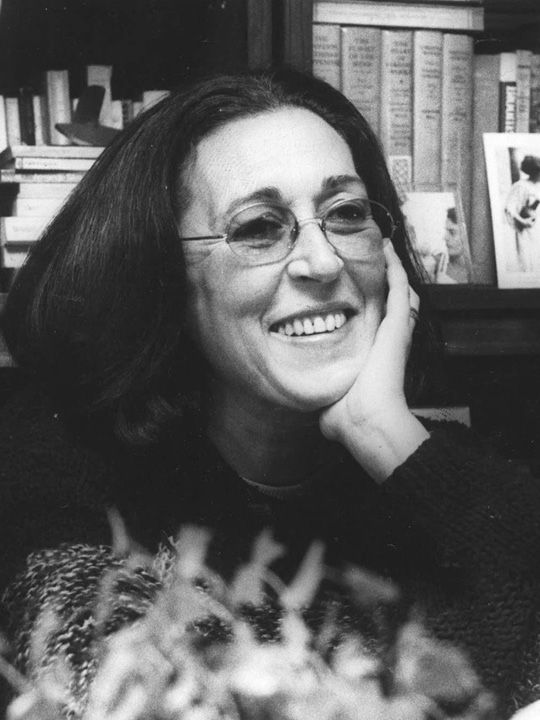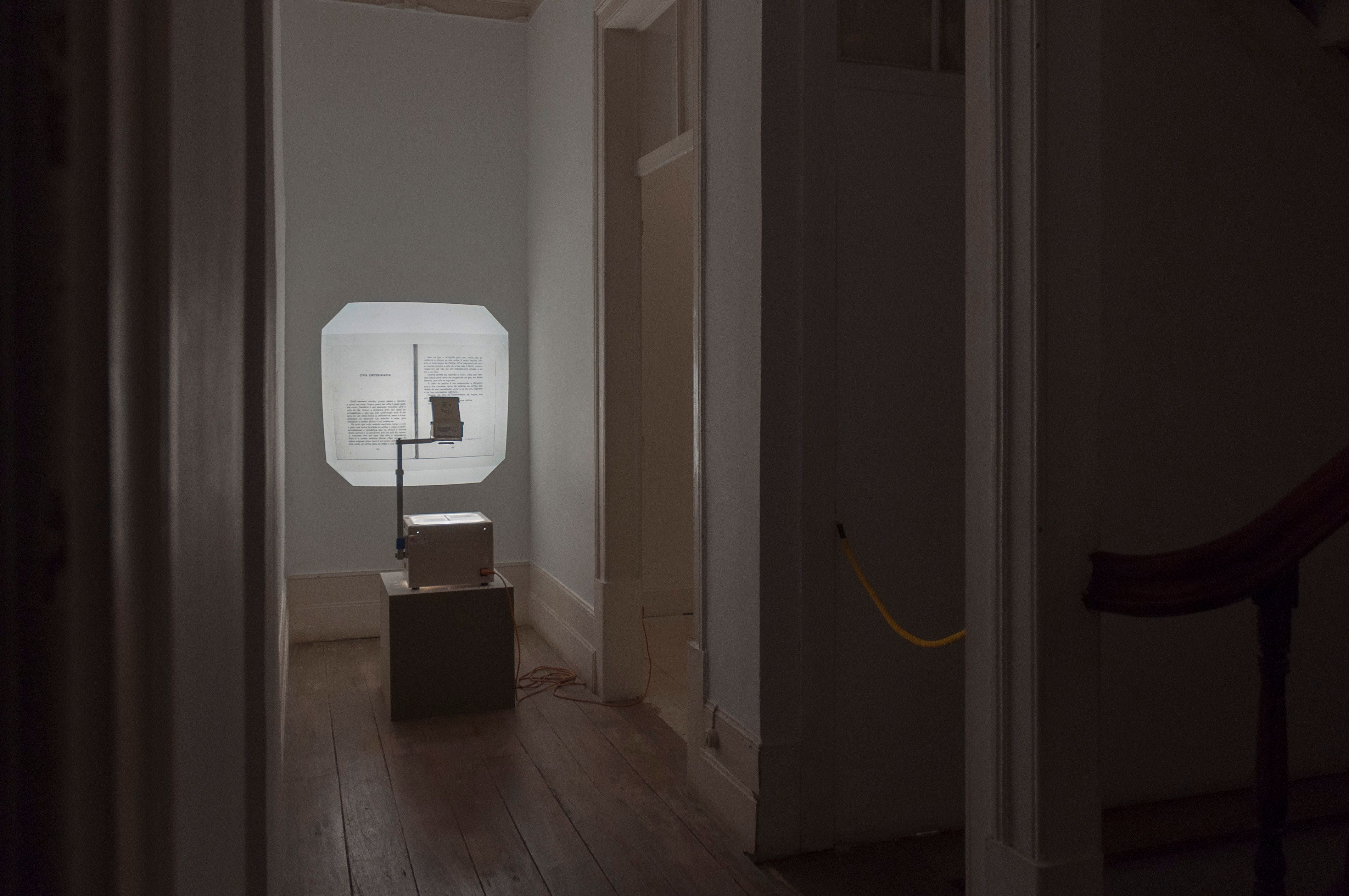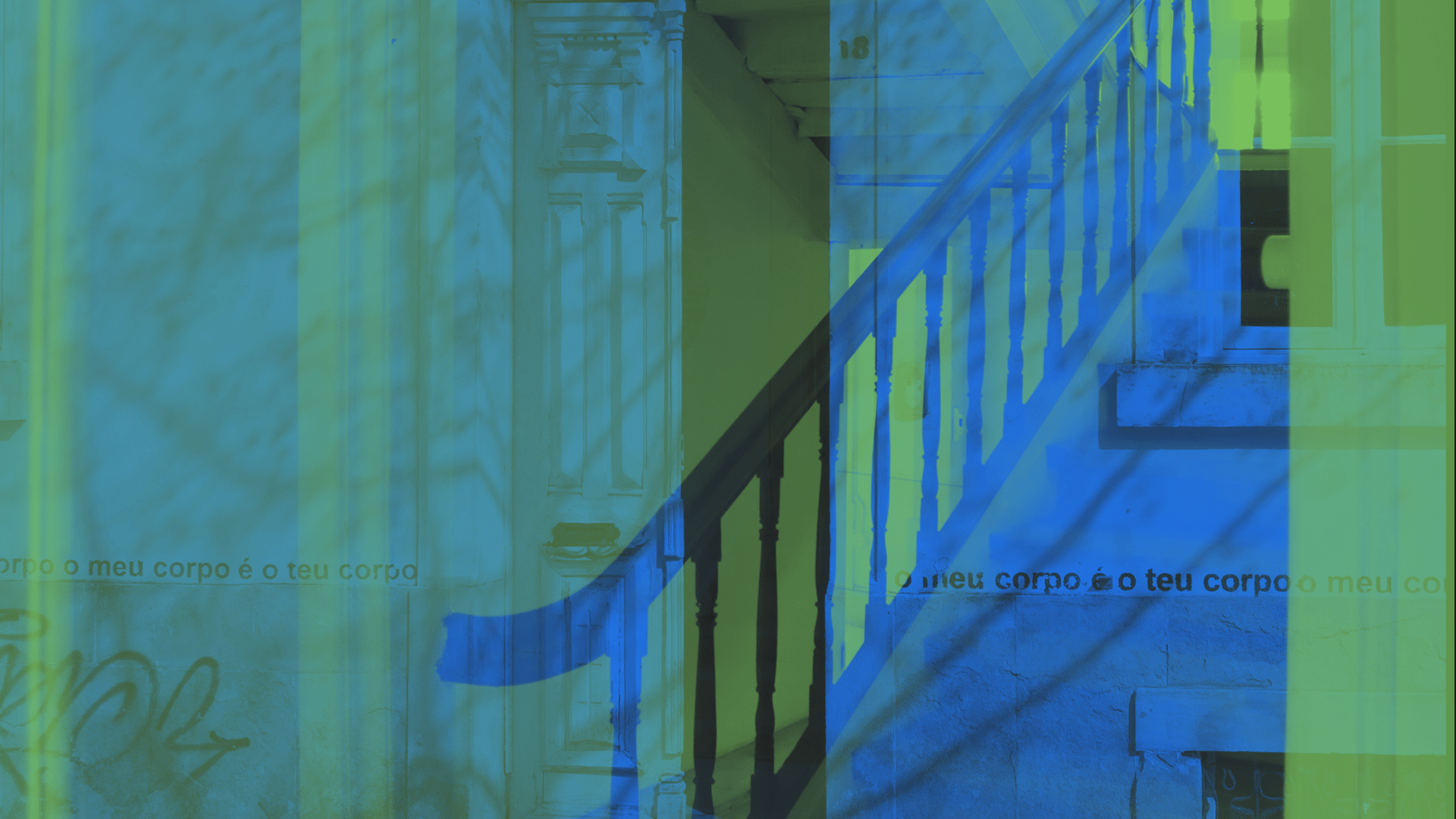Maria
Velho da Costa
Maria Velho da Costa



Portugal, 1938 - 2020
The writing of Maria Velho da Costa (Lisbon, Portugal, 1938-2020) is part of a linguistic experimentalism that renewed Portuguese literature in the 1960s. The formal transgression of her work opens up new syntactic and semantic horizons and simultaneously nurtures a strong dialogical relationship with works from the national literary tradition, from the Middle Ages to her generation. As defined by the poet and researcher Hélder Macedo, one of her most remarkable qualities as a writer is her "attention to detail, down to the micro-significances of words", writing almost "musical structures", which, "although essentially a prose writer, she integrated into her writing as if she were a poet".
Maria Velho da Costa also expressed her transgressive character in the themes of her writing, with the "world of frustration, suffocation and the generic condition of Portuguese women" of her time being the primary themes of her work. This "modern, feminine consciousness" is combined with an insightful political and social portrait, awareness of class tensions and the sterility of bourgeois life, and a deep connection to the fertile world of childhood. She is also the author of Novas Cartas Portuguesas (New Portuguese Letters), with Maria Teresa Horta and Maria Isabel Barreno, a work that the Salazar regime, then already entering the so-called "Marcelist Spring", condemned in court for offences against the prevailing morals - instituting the process that became known internationally as the "three Marys process", which ended up sublimating one of the main interests of the book, which is the collective creation carried out over an entire year by the three writers.
Ova Ortegrafia, 1972
Overhead projector, inkjet print on acetate
Courtesy of João Sedas Nunes.
Ova Ortegrafia, a text by Maria Velho da Costa, is an excellent example of the author's taste for the unusual construction of language, her use of irony and the comic-playful component of her writing. First published in the República newspaper in June 1972, it later became part of the Desescrita edition (1973), a collection of the author's articles and poems. Projected in one of the rooms of CAPC Sede, the space where the statements that outline the curatorial intention of this edition of the Biennial are concentrated, the reformulated words that Maria Velho da Costa creates with a clear subversive intention "cling" to the walls. Despite the letters missing from the text, their cadence is perfectly assimilable - which, as well as demonstrating the author's mastery of language, prompts a critical reflection on the construction of language and makes the text curiously accessible. Playing at defying the censorship mechanisms of the time, the cuts in the words bring together her literary experimentalism and a denunciation of censorship in Portugal. In The Phantom of Liberty, Ova Ortegrafia takes on yet another contour by approaching surrealist thinking on writing, emphasising its subjective nature and bringing literature and psychoanalysis closer together.
Maria Velho da Costa is the author of twenty-one books, including prose and short stories, the best known of which are Maina Mendes (1969), Novas Cartas Portuguesas (1972), Cravo (1976), Missa in albis (1988) and Myra (2008). She has won several literary prizes, including Prémio Camões in 2002 and the Grande Prémio Vida Literária in 2013. Maria Velho da Costa was a board member and President of the Associação Portuguesa de Escritores between 1973 and 1978, Reader in the Department of Portuguese and Brazilian Studies at King’s College University between 1980 and 1987, Assistant to the Secretary of State for Culture in 1979 and Cultural Attaché in Cape Verde from 1988 to 1991.

